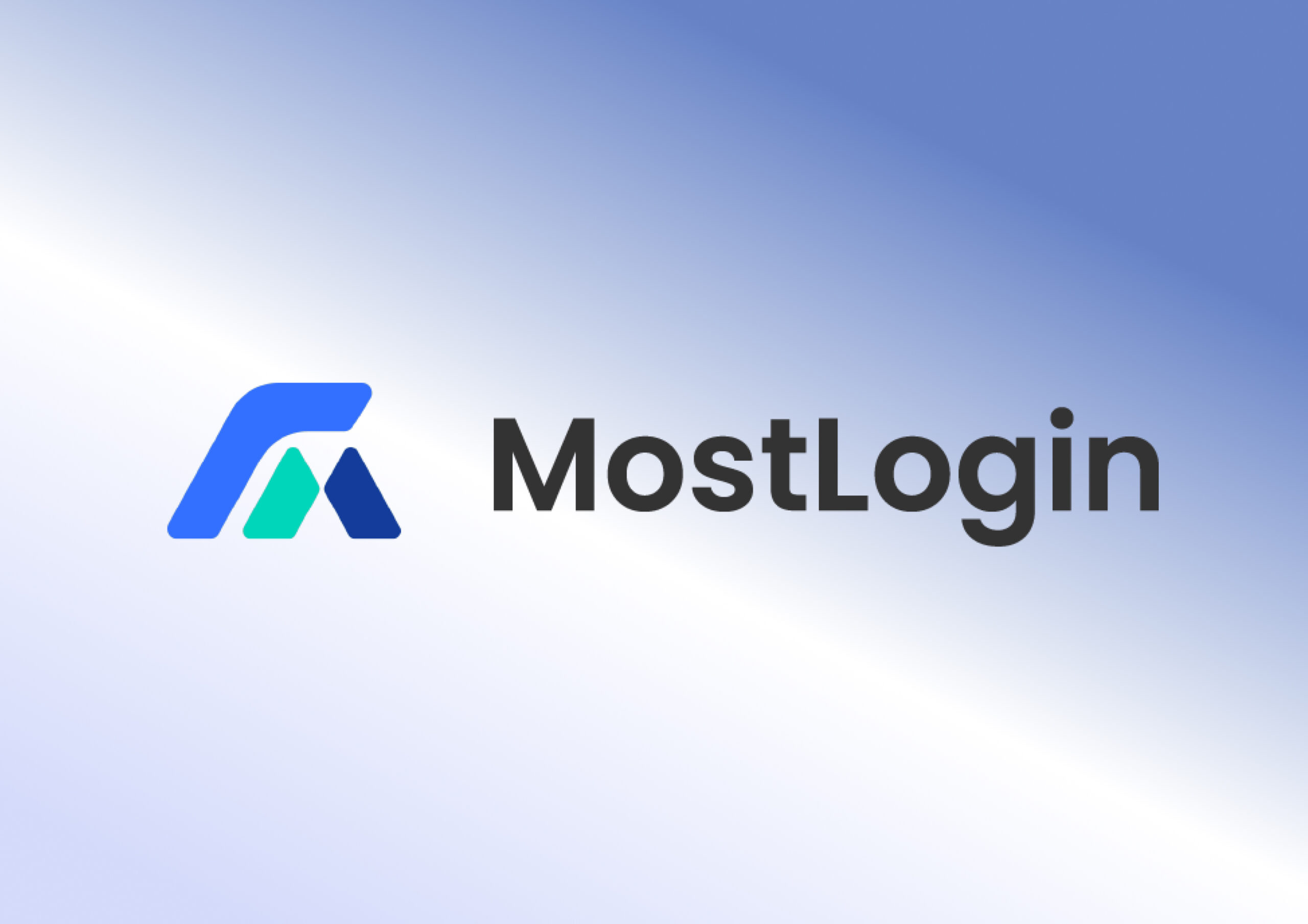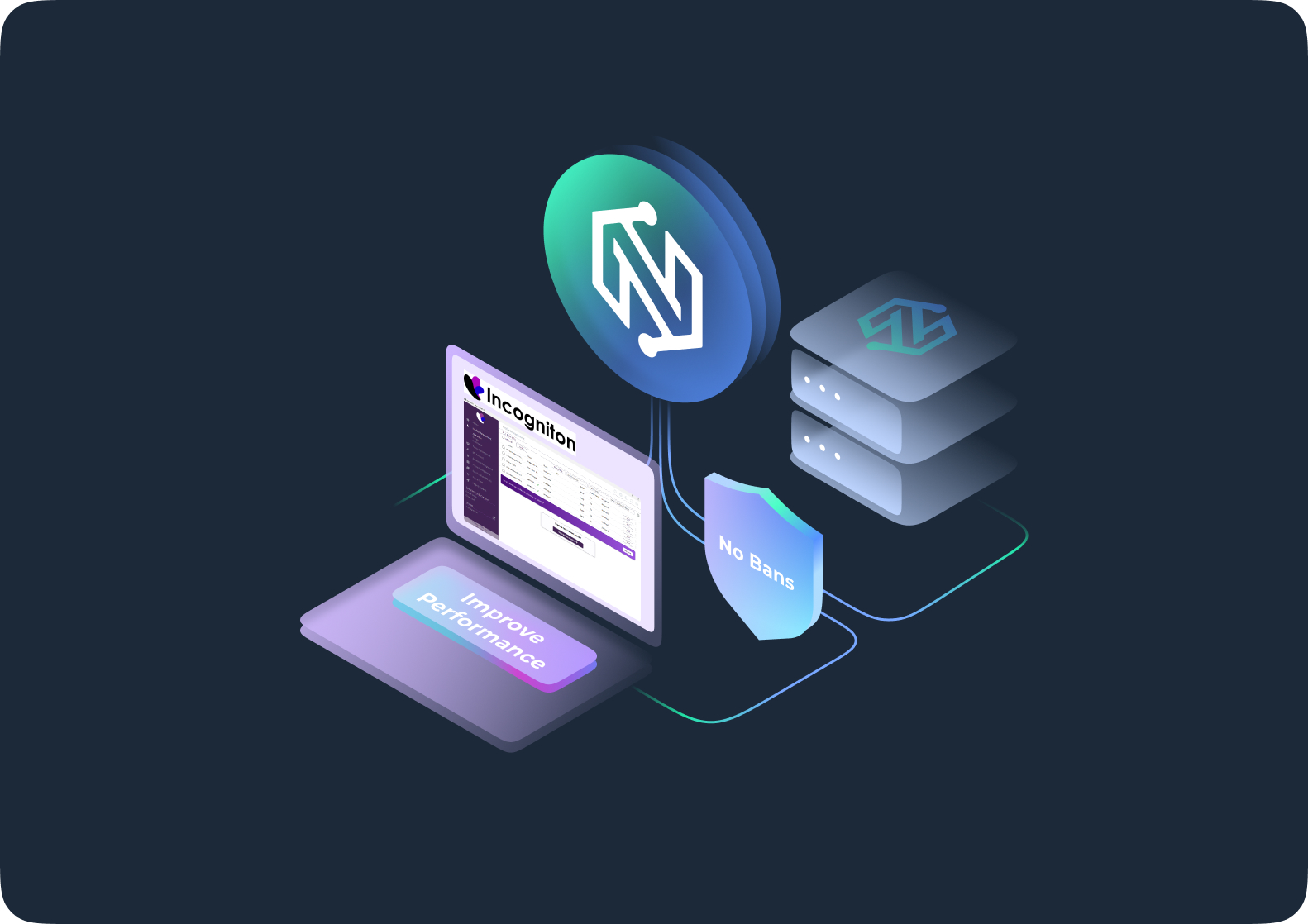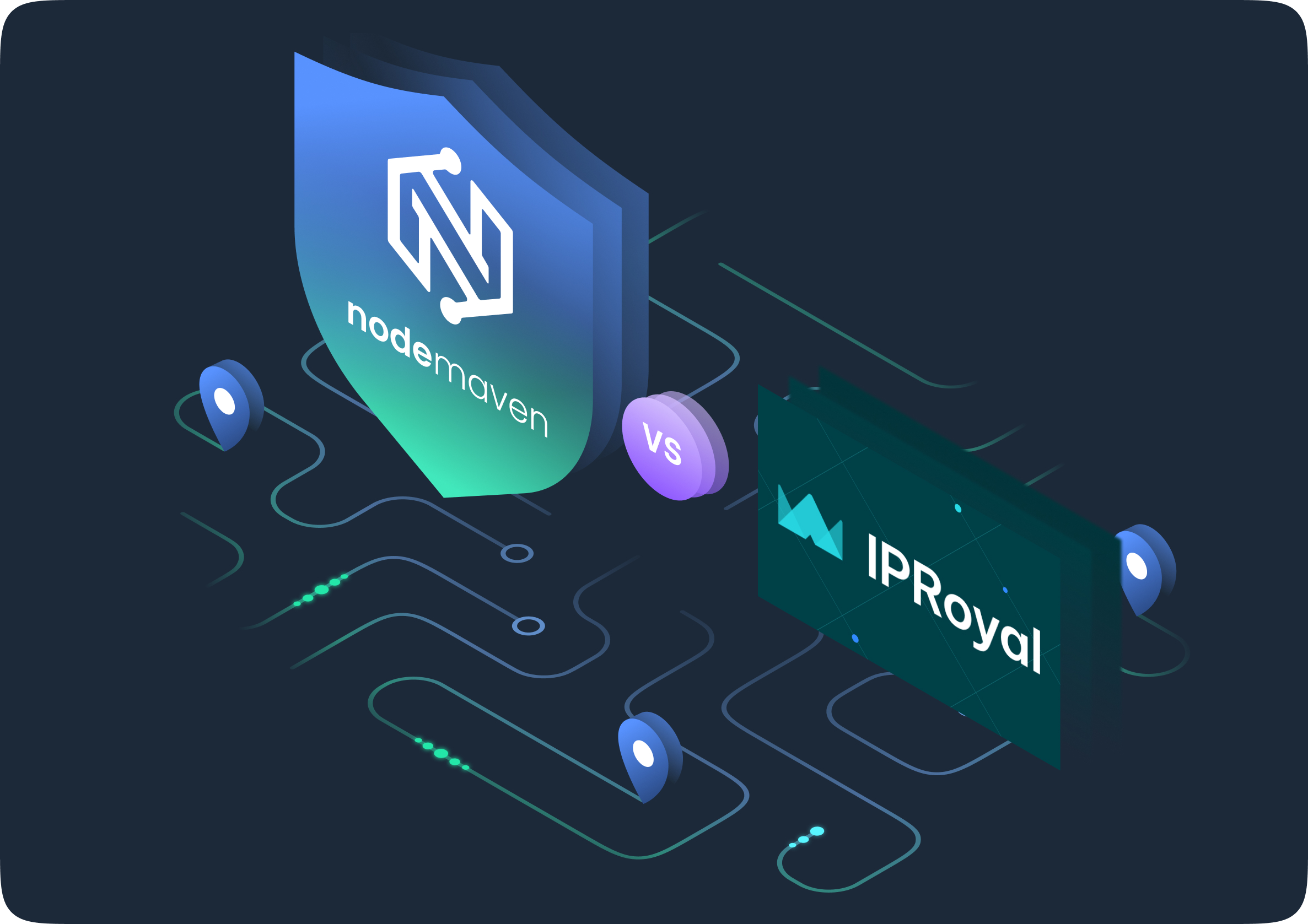From tracking competitor prices to analyzing social media trends, web scraping enables data-driven decisions and innovation.
However, the question of legality often comes up, as the practice involves navigating complex rules around data privacy, intellectual property, and website terms of service.
This legal gray area leaves many wondering: is web scraping legal, and how can it be done responsibly?
In this blog, we’ll dive into the legality of web scraping, examine key legal considerations, outline best practices and explain why NodeMaven is your ideal choice for web scraping activities.
What Is Web Scraping and How Is It Used?
Web scraping is the automated process of extracting data from websites. By leveraging software tools or scripts, web scraping allows users to retrieve publicly available information from webpages and compile it into structured formats like spreadsheets, databases, or JSON files.
This method provides an efficient way to collect large volumes of data that would otherwise require significant manual effort.
Web scraping works by sending requests to websites, retrieving their HTML content, and parsing it to extract specific data points.
This data can include text, images, prices, product details, reviews, and much more. While the technical aspects are straightforward, its applications are incredibly diverse, making web scraping a powerful tool for various industries.
Is Web Scraping Legal?
The legality of web scraping depends on several factors, including the type of data being scraped, the methods used, and applicable laws or regulations in specific jurisdictions.
While web scraping itself is not inherently illegal, it can become unlawful if it violates terms of service agreements, copyright laws, or data privacy regulations.
Key Factors Affecting Web Scraping Legality
- Terms of service (ToS) violations: Many websites explicitly prohibit web scraping in their ToS. If a scraper accesses or extracts data from a website after agreeing to the ToS, it may be considered a breach of contract. For example, logging into a website to scrape data usually requires agreeing to its terms, which may forbid automated data collection.
- Copyright and intellectual property laws: Scraping content protected by copyright laws, such as articles, designs, or creative works, without permission, can lead to legal issues. For instance, scraping proprietary data or reproducing copyrighted content without consent may violate intellectual property rights.
- Public vs. private data: Scraping publicly available data is generally more acceptable than scraping private or password-protected information. However, even publicly available data can be subject to restrictions, such as licensing agreements or data usage rights. For instance, using scraped data for commercial purposes without authorization may breach legal guidelines.
Key Legal Considerations for Web Scraping
Web scraping operates in a complex legal framework where compliance with laws and ethical guidelines is critical. Here are the key legal considerations businesses and developers need to be aware of:
- Copyright Laws
Scraping content protected by copyright laws, such as text, images, or videos, without permission can result in legal disputes over intellectual property rights.
Example: Scraping articles or blog posts from a news website and republishing them without permission could violate copyright laws, exposing your business to lawsuits or takedown requests.
- Data Privacy Regulations
Global regulations like the General Data Protection Regulation (GDPR) in the EU and the California Consumer Privacy Act (CCPA) in the U.S. govern the collection and use of personal data. Scraping personal information—such as names, emails, or addresses—without explicit user consent can breach these laws, leading to fines and legal consequences.
Example: Collecting user profile data from social media platforms without consent may violate GDPR provisions, even if the data is publicly visible. Fines under GDPR can reach up to €20 million or 4% of annual global turnover, whichever is higher.
- Computer Fraud and Abuse Act (CFAA)
The CFAA, a U.S. law, criminalizes unauthorized access to computer systems. While scraping public websites might not always fall under this category, bypassing security measures such as CAPTCHAs, login pages, or IP restrictions can be considered unauthorized access and lead to CFAA violations.
Example: The case of LinkedIn v. HiQ Labs highlights this issue. HiQ scraped publicly accessible LinkedIn data, and while courts ruled that public scraping didn’t violate the CFAA, bypassing restrictions or scraping private data would have resulted in a different legal outcome.
- Robots.txt and Ethical Scraping
The robots.txt file is a website’s way of communicating scraping permissions to bots. While ignoring robots.txt directives might not always lead to legal consequences, it is considered unethical and could be cited in legal disputes as evidence of unauthorized activity.
Example: A business scraping data from an e-commerce site without adhering to robots.txt restrictions might face claims of trespass to chattels, which involves causing harm to a website’s servers or functionality.
Best Practices for Ethical and Legal Web Scraping
Adhering to ethical and legal standards is crucial when conducting web scraping activities.
Here are some best practices you should follow when scraping:
- Respect Website Terms of Service (ToS)
Every website has Terms of Service (ToS) that dictate how its data can be accessed and used. Ignoring these rules can lead to legal disputes, even if scraping publicly available data.
Best practice: Review and adhere to a website’s ToS before initiating scraping activities. If the ToS explicitly prohibits scraping, consider seeking permission from the website owner or using authorized APIs.
- Use Public APIs Where Available
Many websites offer public APIs as an alternative to scraping. APIs are designed for data access, often with clear guidelines and rate limits.
Best practice: Whenever possible, use APIs instead of scraping to ensure compliance with the website’s policies and avoid unnecessary legal risks.
- Follow Robots.txt Directives
The robots.txt file is a standard used by websites to inform web crawlers about permissible access. While it’s not legally binding, ignoring these directives can be considered unethical.
Best practice: Configure your scraper to respect robots.txt instructions and only access pages that the website explicitly permits.
- Avoid Overloading Target Servers
Sending too many requests to a website in a short period can strain its servers and lead to temporary outages. This may result in claims of trespass to chattels or unauthorized use of resources.
Best practice: Use rate limiting to control the frequency of requests. Monitor server response times to avoid overloading the target site.
- Avoid Scraping Personal or Sensitive Data
Scraping personal data, such as names, emails, or contact information, may violate data privacy regulations like the GDPR or CCPA, even if the data is publicly available.
Best practice: Refrain from collecting personal or sensitive information unless you have explicit consent or a valid legal basis to do so. Focus on non-identifiable, publicly accessible data.
- Implement CAPTCHA Handling Responsibly
Many websites use CAPTCHAs to block automated scraping. While bypassing CAPTCHAs may be technically possible, doing so could breach laws like the Computer Fraud and Abuse Act (CFAA) in the U.S.
Best practice: Avoid using scraping methods that bypass CAPTCHAs unless explicitly authorized by the website owner.
- Seek Permission When in Doubt
If a website’s policies are unclear, or if you need access to restricted content, reaching out to the website owner for permission is the best approach.
Best Practice: Contact the website administrator to request access or clarification about permissible data collection methods.
- Use High-Quality Residential Proxies for Anonymity
Residential proxies can help maintain anonymity and prevent IP bans during scraping, but their use must align with legal and ethical guidelines.Best practice: Use reputable residential proxy providers like NodeMaven, to distribute requests and simulate organic traffic patterns. Avoid using proxies for scraping restricted or copyrighted data.
Why Choose NodeMaven for Web Scraping?
NodeMaven stands out as a trusted partner for businesses seeking ethical and efficient web scraping solutions, backed by its high-quality residential proxies and robust features.
Here’s why NodeMaven is the ideal choice for your web scraping needs:
- High-quality IP filter: Enjoy 95% clean and reliable IPs, ensuring smooth, undetectable data collection across various platforms.
- Extensive proxy pool: Access a network of over 30 million residential IPs spanning 150+ countries, providing unmatched global reach for scraping geo-specific content.
- Traffic roll-over: Maximize your investment with unused bandwidth roll-over, so you only pay for what you need.
- IP rotation & sticky sessions: Benefit from automatic IP rotation for dynamic tasks or stick with the same IP for up to 24 hours for operations requiring consistency.
- Geo & ISP targeting: Seamlessly collect localized data with proxies that target specific countries and ISPs, giving your business a competitive edge.
NodeMaven’s tailored proxy solutions ensure compliance with ethical and legal scraping practices, providing the tools you need to collect valuable data while respecting privacy and regulations.
If you’d like to try out these residential proxies yourself, you can sign up for a trial for only €3.99 here.
Frequently Asked Questions
Is web scraping legal?
Web scraping is legal in many cases, especially for public data, but it can violate terms of service, copyright laws, or data privacy regulations like GDPR. Compliance with local laws is essential.
Can web scraping violate website terms of service?
Yes, scraping can breach ToS agreements, potentially leading to legal action, IP bans, or cease-and-desist notices. Always review and respect a website’s ToS.
How do GDPR and CCPA affect web scraping?
GDPR and CCPA regulate personal data collection. Avoid scraping personal data without consent and ensure compliance with data privacy rights and security requirements.
What are the best practices for ethical web scraping?
Respect ToS, follow robots.txt directives, avoid overloading servers, and refrain from collecting private or sensitive data. Seek permission if necessary.
Why choose NodeMaven for web scraping?
NodeMaven offers reliable residential proxies, extensive global reach, and tools to ensure ethical and legal data collection for your web scraping needs.


